News & Insights
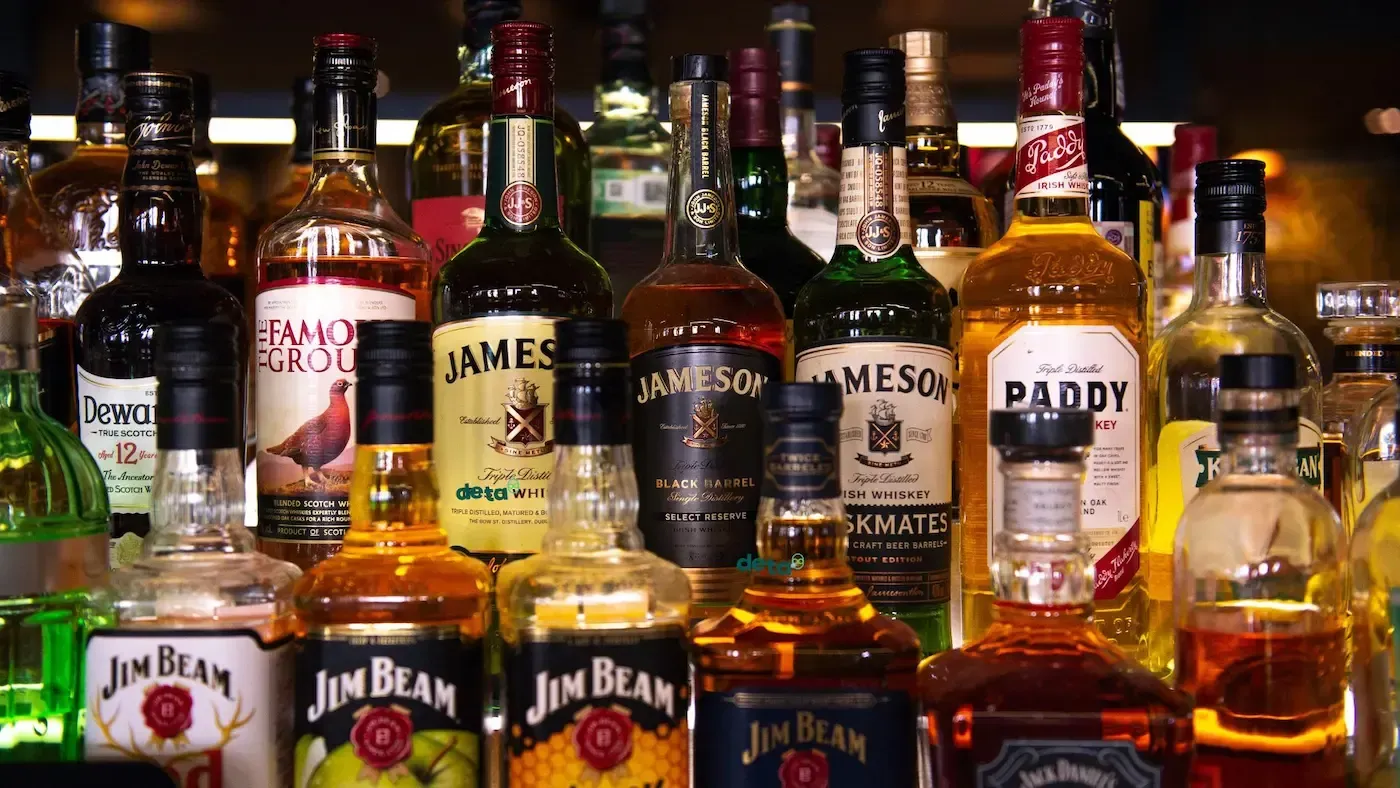
Ethanol is a widely used alcohol that plays a critical role in beverage production, industrial applications, pharmaceuticals, and personal care products. Despite its widespread use, there are many myths and misconceptions about ethanol in NZ, particularly regarding its safety, uses, and different types. From the confusion between beverage-grade ethanol and denatured ethanol to concerns about its effectiveness and applications, misinformation often leads to businesses making poor purchasing decisions or avoiding ethanol altogether. In this guide, we’ll debunk the most common ethanol myths, clarify fact from fiction, and provide expert insights on ethanol’s role in various industries. Myth 1: All Ethanol is the Same Fact: Ethanol Comes in Different Grades and Purities Many people assume that all ethanol is identical, but in reality, ethanol comes in various grades and purities, each suited for specific applications. The two most common types are: Beverage-Grade Ethanol (Potable Ethanol) – This is a high-purity, food-grade ethanol used in alcoholic beverages, food extracts, and pharmaceuticals. It undergoes strict distillation and purification processes to ensure it is safe for human consumption. Denatured Ethanol (Denatured Alcohol) – This ethanol is chemically altered with additives like methanol or isopropanol to make it undrinkable. It is used in industrial, cleaning, and fuel applications. Key takeaway: The type of ethanol you need depends on its intended use—always choose the right grade to ensure compliance, safety, and effectiveness.

For distilleries, breweries, and bottlers in New Zealand, securing a reliable ethanol supply is essential for maintaining product quality, consistency, and efficiency. Ethanol serves as the foundation of many alcoholic beverages, influencing flavour, smoothness, and overall drinking experience. A disrupted ethanol supply chain can lead to production delays, inconsistent batches, and financial losses, making it vital for beverage manufacturers to partner with a trusted ethanol supplier in NZ. In this guide, we explore: ✔ Why high-quality ethanol is critical for distilleries & breweries ✔ How supply chain disruptions impact alcohol production ✔ What distilleries & breweries should look for in an ethanol supplier ✔ How to source bulk ethanol for beverage production in New Zealand Why Ethanol Is Essential in Beverage Production Ethanol’s Role in Alcoholic Beverages Ethanol is the primary ingredient in spirits, liqueurs, and other alcoholic beverages. It is responsible for: ✔ Alcohol content – Ethanol determines the strength (ABV) of spirits and liqueurs. ✔ Mouthfeel & texture – The quality of ethanol affects the smoothness of the final product. ✔ Flavour preservation – High-quality ethanol enhances botanical, grain, and fruit flavours without introducing impurities. For vodka, gin, whiskey, rum, and other spirits, sourcing high-purity beverage-grade ethanol ensures a clean, refined taste with minimal interference from unwanted compounds.
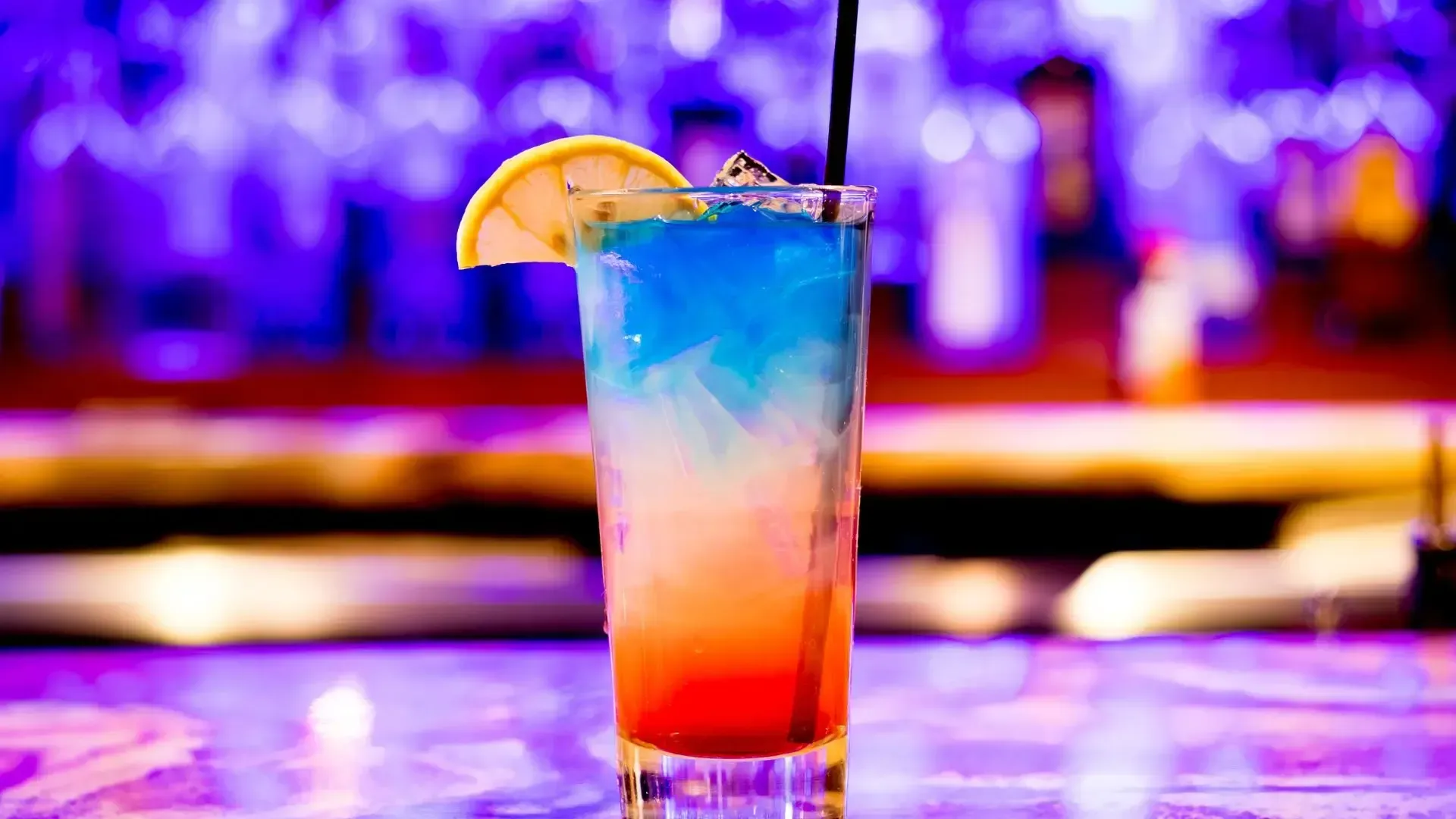
Ethanol plays a crucial role in the beverage and spirits industry, serving as the foundation for premium alcoholic products. From vodka and gin to whiskey and rum, the quality of ethanol directly impacts the taste, texture, and overall drinking experience. For breweries, distilleries, and bottlers in New Zealand and the Pacific Islands, sourcing high-purity beverage-grade ethanol is essential. Not all ethanol is created equal, and understanding the differences between beverage-grade ethanol and potable ethanol helps businesses choose the right product for their needs. In this guide, we’ll explore: ✔ What beverage-grade ethanol and potable ethanol are ✔ The key differences between them ✔ Why purity and consistency matter ✔ How Evolution Brands supplies premium ethanol to NZ and the Pacific Islands What Is Beverage Grade Ethanol? Beverage-grade ethanol is a high-purity ethanol used specifically in the production of alcoholic beverages. It undergoes rigorous distillation and filtration processes to ensure it meets food-grade safety standards and maintains a neutral, smooth taste suitable for spirits and liqueurs. Key Features of Beverage-Grade Ethanol ✔ Purity – Contains minimal impurities to ensure a clean, crisp flavour. ✔ Distillation Standards – Meets NZ and international regulations for beverage use. ✔ Neutral Profile – Designed to let the primary ingredients of a spirit shine. ✔ Suitable for Various Alcoholic Beverages – Used in vodka, gin, rum, whiskey, and flavoured liqueurs. Applications of Beverage-Grade Ethanol in NZ & the Pacific Islands Distilleries & Breweries – Essential for crafting spirits and alcoholic beverages. Bottlers & Beverage Producers – Used in ready-to-drink cocktails and flavoured liqueurs. Food & Flavouring Industry – Found in alcohol-based extracts, bitters, and food processing. For businesses in New Zealand and the Pacific Islands, sourcing high-quality beverage-grade ethanol ensures consistency in alcoholic beverages and food production.

For businesses that rely on ethanol—whether in the beverage, pharmaceutical, or industrial sectors—finding a trusted ethanol supplier is crucial. Ethanol is a key ingredient in spirits, disinfectants, cosmetics, and many other applications, meaning quality, consistency, and reliability in supply can make or break production. With multiple ethanol suppliers in NZ to choose from, how do you determine which one is right for your business? In this guide, we’ll explore the key factors to consider when selecting a bulk ethanol supplier, ensuring you get the best quality, service, and value for your needs. Why Choosing the Right Ethanol Supplier Matters Not all ethanol suppliers offer the same level of quality, expertise, or reliability. The wrong supplier can result in: Inconsistent ethanol quality, affecting product safety and performance. Delays in delivery, disrupting production schedules. Lack of compliance with NZ regulations, risking legal and safety issues. Poor customer service, making order fulfilment difficult. A reliable supplier ensures high-quality ethanol, timely deliveries, and industry compliance, allowing your business to operate smoothly. Key Factors to Consider When Selecting an Ethanol Supplier 1. Ethanol Quality & Purity Standards The purity and composition of ethanol directly impact its effectiveness, whether it’s used for distilling spirits, sanitization, or industrial applications. ✔ Look for a supplier that provides: Certified beverage-grade ethanol for food and drink production. High-purity ethanol with minimal impurities. Lab-tested ethanol with a Certificate of Analysis (COA) for transparency and safety assurance. Why it matters: For distilleries and breweries, poor-quality ethanol can negatively affect the taste, texture, and safety of spirits. In pharmaceutical and cleaning industries, impure ethanol can compromise the effectiveness of disinfectants and sanitisers.
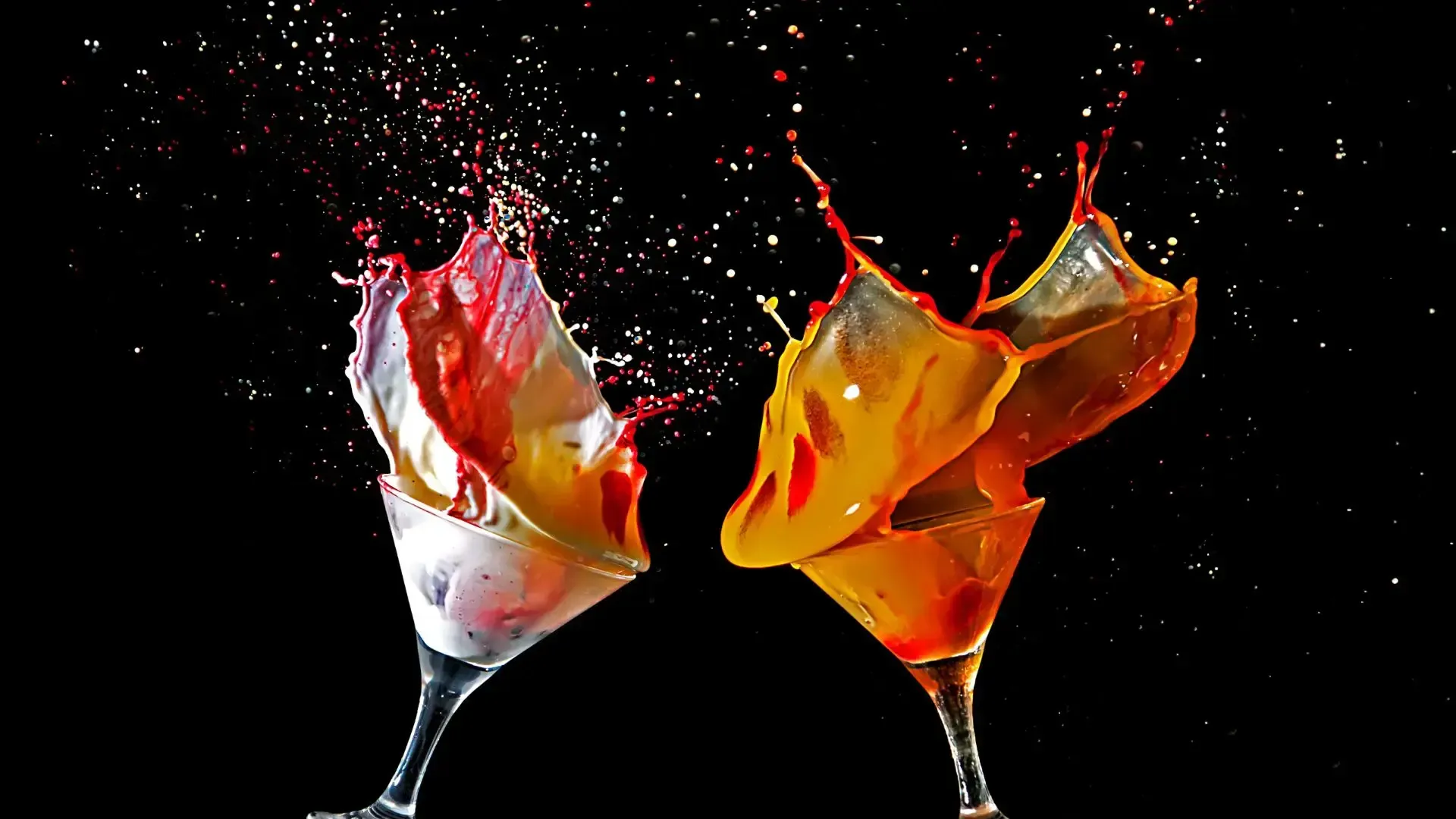
Ethanol is a fundamental ingredient in the drinks industry, forming the base for spirits, liqueurs, and even some brewing processes. As the demand for high-quality ethanol continues to grow, the importance of reliable bulk ethanol suppliers in New Zealand has never been greater. For distilleries, breweries, and bottlers, sourcing ethanol in bulk ensures consistency, cost efficiency, and product quality. But not all ethanol suppliers are the same—businesses must find a partner that guarantees purity, compliance, and timely delivery. In this guide, we’ll explore the role of bulk ethanol suppliers in NZ, how they support the drinks industry, and what businesses should look for when choosing an ethanol supplier. Why is Ethanol Important in the Drinks Industry? Ethanol, or ethyl alcohol, is a key ingredient in alcoholic beverages. It serves as the base for spirits and plays a critical role in flavour extraction, preservation, and the overall sensory experience of a drink. Some common uses of beverage-grade ethanol in the drinks industry include: ✔ Distilled Spirits: Used as the foundation for gin, vodka, whiskey, rum, brandy, and other spirits. The purity of ethanol significantly affects the smoothness and taste of the final product. ✔ Flavoured Liqueurs & Cocktails: Many pre-mixed alcoholic beverages and flavoured liqueurs rely on high-quality ethanol to ensure a clean taste without impurities. ✔ Alcoholic Extracts & Bitters: Ethanol is used in the production of botanical extracts, such as bitters and herbal infusions, which contribute to unique flavour profiles. ✔ Brewing Processes: While beer and cider fermentation doesn’t require added ethanol, some specialty brewing processes use neutral spirit ethanol to create specific alcoholic products. For businesses producing these beverages, bulk ethanol supply is crucial to ensuring consistency, compliance, and cost-effective production.
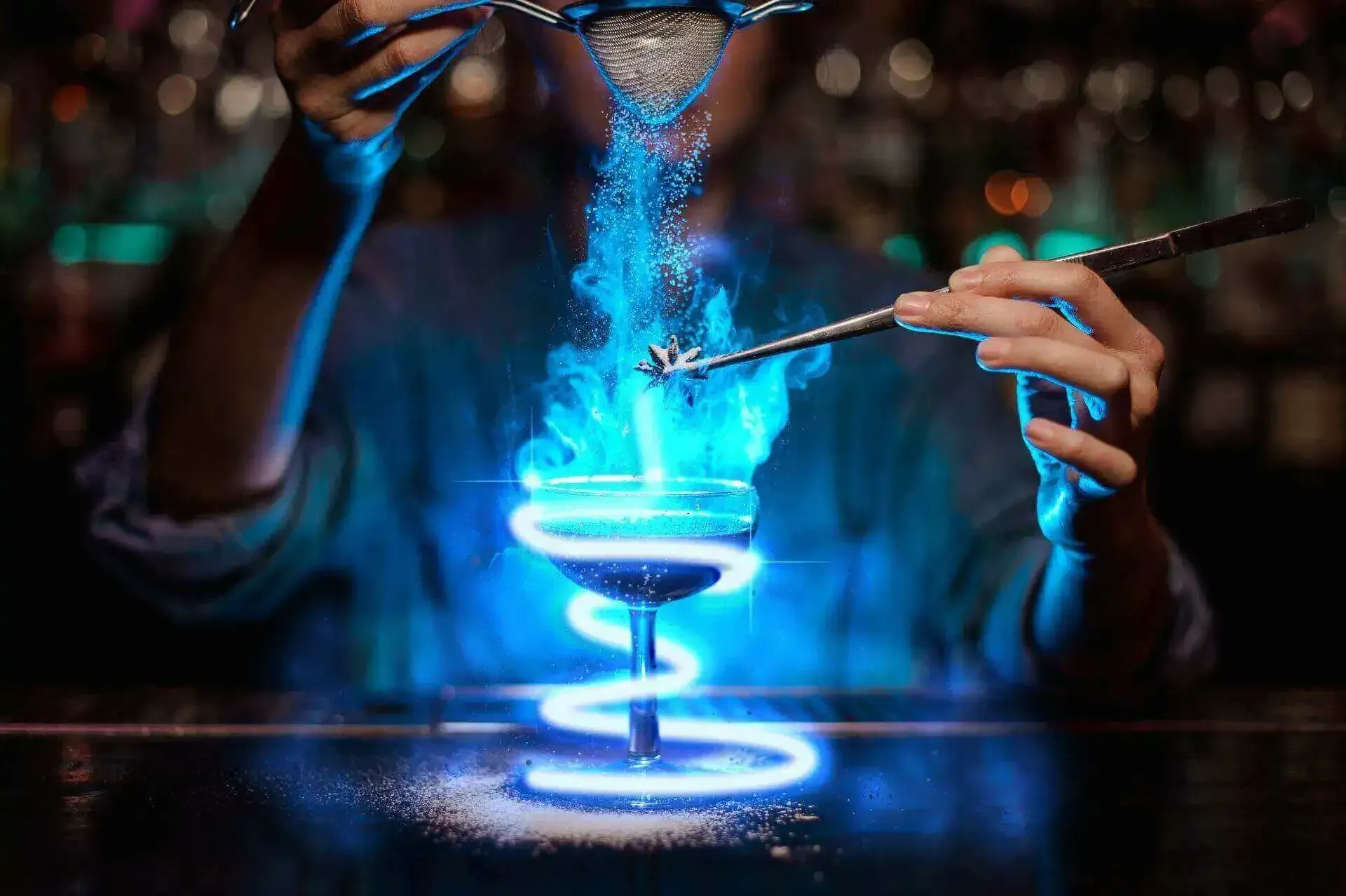
Ethanol, a versatile and widely used alcohol, comes in various forms tailored for specific uses. Two primary types are Beverage Grade Ethanol and Denatured Ethanol . Understanding the differences between these types is crucial for selecting the right product for your needs. Beverage grade ethanol (potable) Purity and quality Beverage Grade Ethanol is specifically crafted for human consumption and is a key ingredient in the production of spirits like gin, vodka, and whiskey. It undergoes rigorous purification processes to remove impurities and ensure a high level of purity. Produced under stringent safety and quality regulations, it meets food-grade standards essential for consumer safety. This type of ethanol is typically derived from the fermentation of natural sugars found in grains or sugarcane, preserving the natural flavors and characteristics of its source ingredients. The meticulous selection of raw materials and advanced distillation techniques ensure that the ethanol is of the highest quality, making it ideal for creating premium spirits. Applications Spirits Production: Beverage Grade Ethanol is the backbone of high-quality alcoholic beverages. Distilleries rely on its purity and consistency to craft spirits with distinct flavors and smooth finishes. Pharmaceutical and Food Industry: Due to its high purity, this ethanol is sometimes used in medicinal tinctures and food flavorings, ensuring that the final products are safe for consumption.
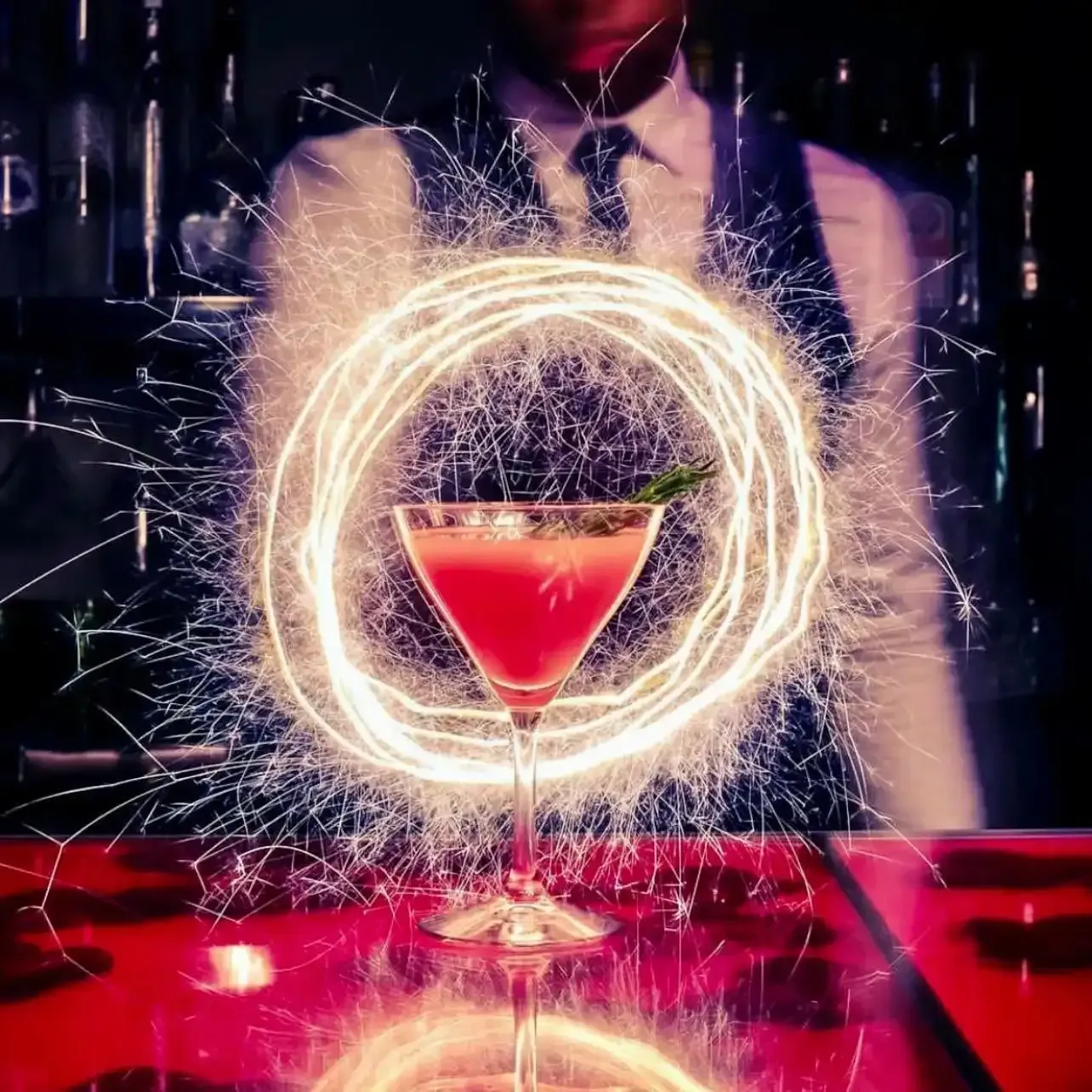
The world of spirits is as diverse as it is fascinating, with each beverage boasting its unique characteristics, flavors, and histories. At the heart of every spirit is alcohol, but not all alcohols are created equal. The type of alcohol used plays a pivotal role in defining the essence and quality of the final product. In this exploration, we delve into the different types of alcohol used in the production of various spirits, illuminating how each contributes to the drink's distinct identity. Ethanol: The Spirit of Spirits Ethanol , or ethyl alcohol, is the primary type of alcohol used in all spirit production. Its purity and concentration can vary, significantly impacting the taste, aroma, and smoothness of the spirit. Let's break down how ethanol is tailored to create some of the world's most beloved drinks. Vodka Vodka is celebrated for its clarity and purity, typically distilled from fermented grains such as wheat, rye, or corn. The key to premium vodka lies in the distillation and filtration processes, where the ethanol is purified to remove any impurities, resulting in a smooth, clean spirit with minimal flavor – a blank canvas for mixologists. Whiskey and Bourbon Whiskey is a broad category that includes a variety of spirits, such as Scotch, Irish whiskey, and bourbon. The base for these spirits is a mash of fermented grains, including barley, rye, corn, and wheat. The type of grain, the fermentation process, and the aging in wooden barrels all contribute to the whiskey's complex flavors and aromas. Ethanol's role in whiskey is to capture and enhance the essence of these ingredients, with the aging process mellowing the alcohol and infusing it with depth and character.
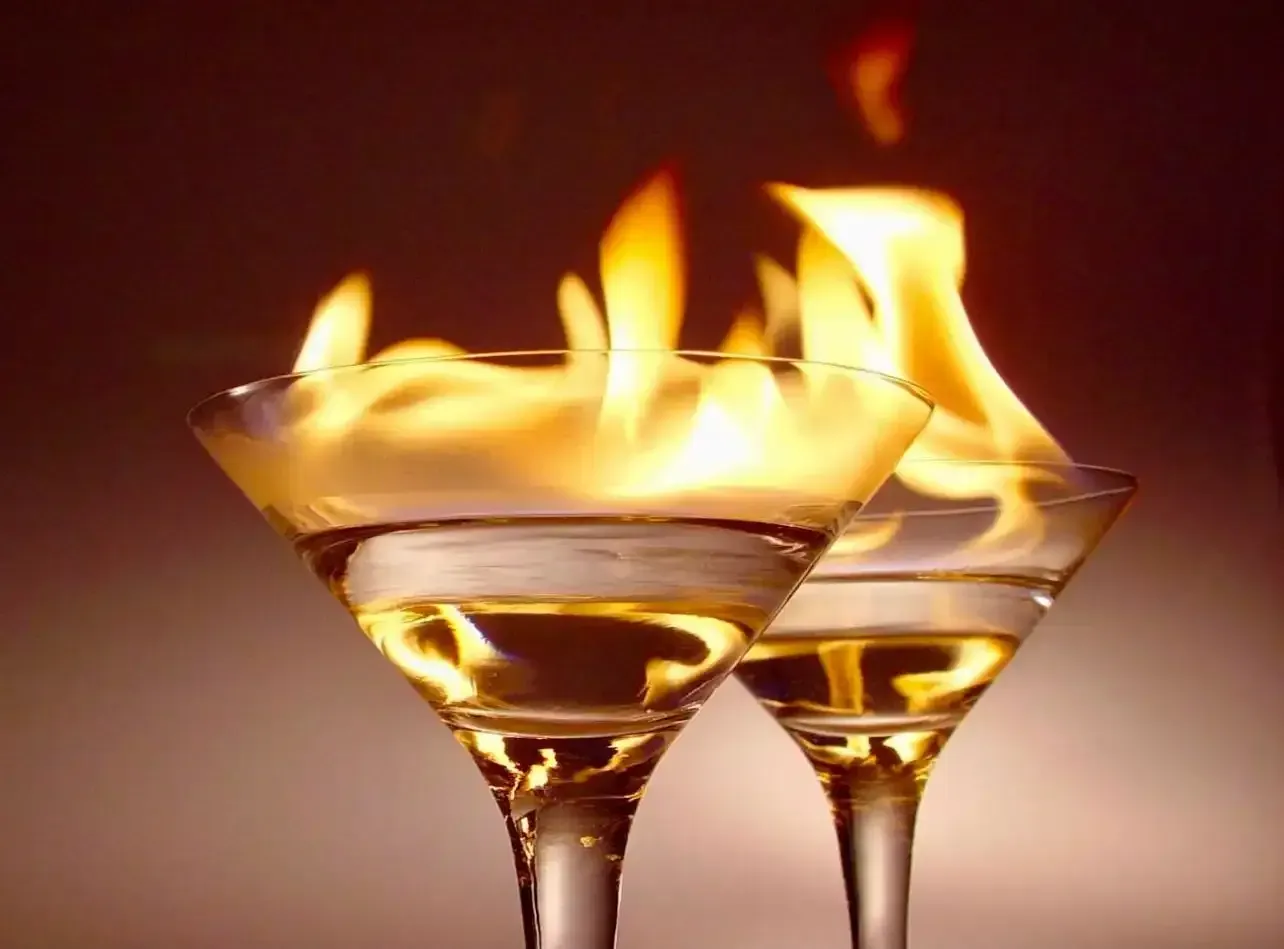
In an era where globalisation has made the world smaller, the choice between local and international suppliers has become increasingly significant. This is especially true in industries like ethanol production, where the quality of the product directly impacts the end use, be it in beverages, pharmaceuticals, or sanitisers. For businesses and consumers in New Zealand, opting for a local ethanol supplier over an international one presents a myriad of benefits worth considering. 1. Strengthening the Local Economy Choosing a local New Zealand ethanol supplier injects vital funds into the local economy, fostering growth and sustainability within the community. It supports local jobs and businesses, ensuring that the benefits of your purchase ripple through the economy, contributing to the prosperity of the region. 2. Unmatched Quality and Standards New Zealand ethanol suppliers adhere to stringent quality and safety standards, often surpassing global benchmarks. This commitment to excellence ensures that clients receive a product that is not just superior in quality but also tailored to meet the specific needs and regulations of the New Zealand market. The close oversight and rigorous testing protocols mean you're getting a product that's safe, reliable, and of premium quality.
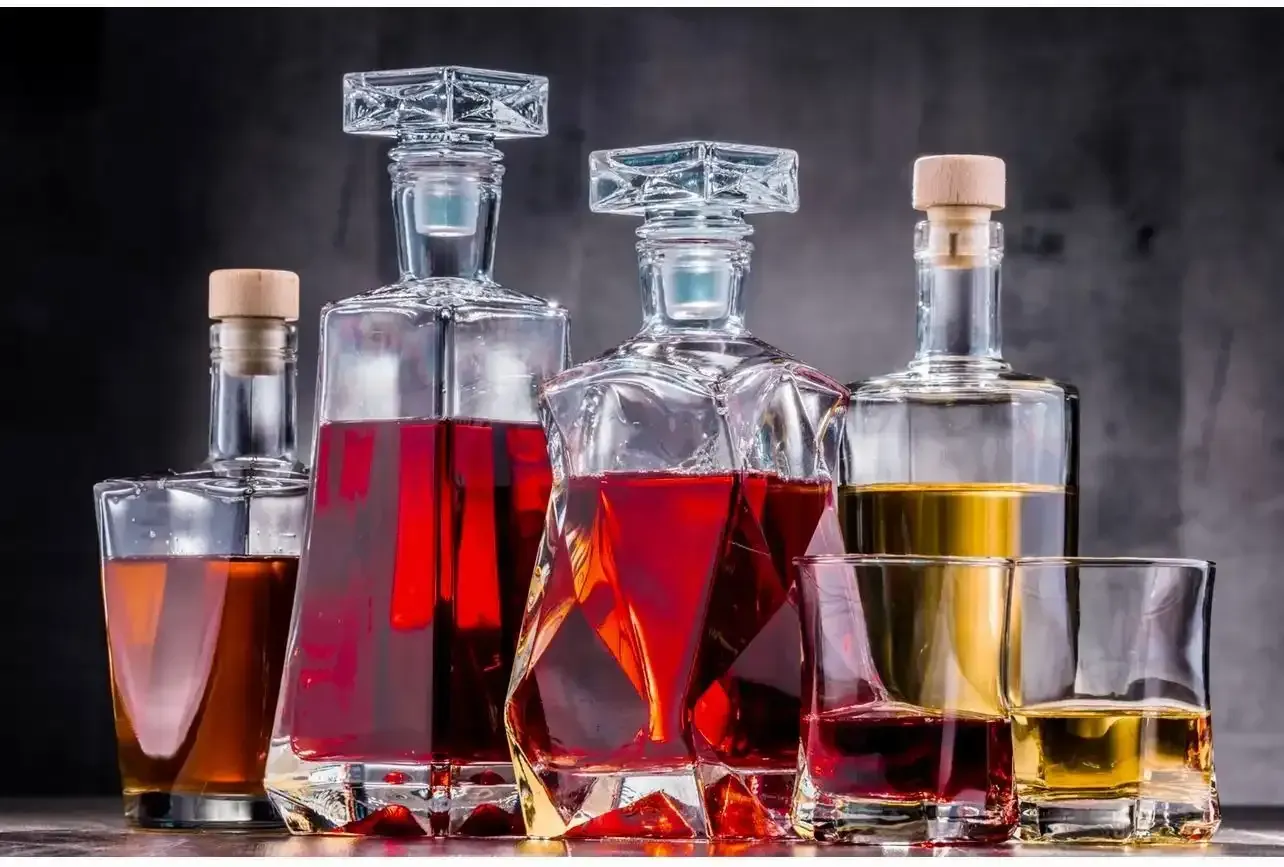
In the burgeoning world of eco-friendly and sustainable alternatives, sugar cane ethanol stands out as a beacon of innovation and environmental responsibility. Derived from the abundant and renewable resource of sugar cane, this type of ethanol offers a plethora of benefits that extend beyond its immediate application in beverages. Here, we delve into the myriad advantages of sugar cane ethanol, shedding light on why it's becoming a preferred choice for consumers and industries alike. Renewable and Environmentally Friendly Sugar cane ethanol is celebrated for its renewable nature. Unlike fossil fuels, which deplete finite resources and contribute significantly to global emissions, sugar cane can be harvested annually, making ethanol production a continual, low-impact process. This cycle significantly reduces the carbon footprint associated with its production and use, supporting global efforts to combat climate change. Economic Benefits The production of sugar cane ethanol stimulates local economies, especially in regions where sugar cane is a staple crop. It creates jobs not only in the agriculture sector but also in the processing and distribution phases of ethanol production. Furthermore, as a biofuel, sugar cane ethanol can help countries reduce their dependence on imported petroleum, enhancing energy security and stability.


